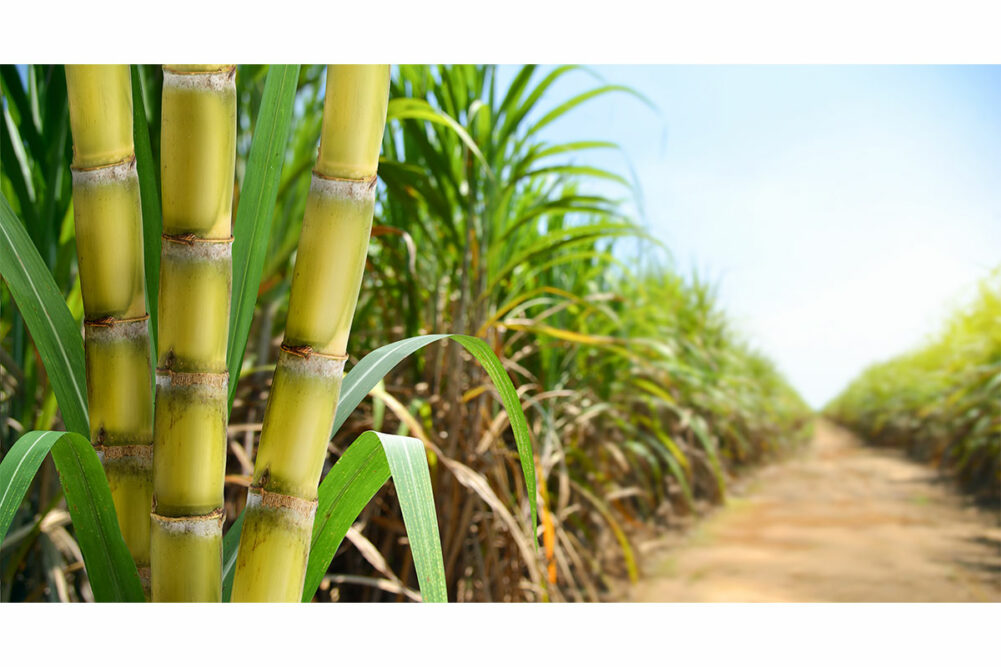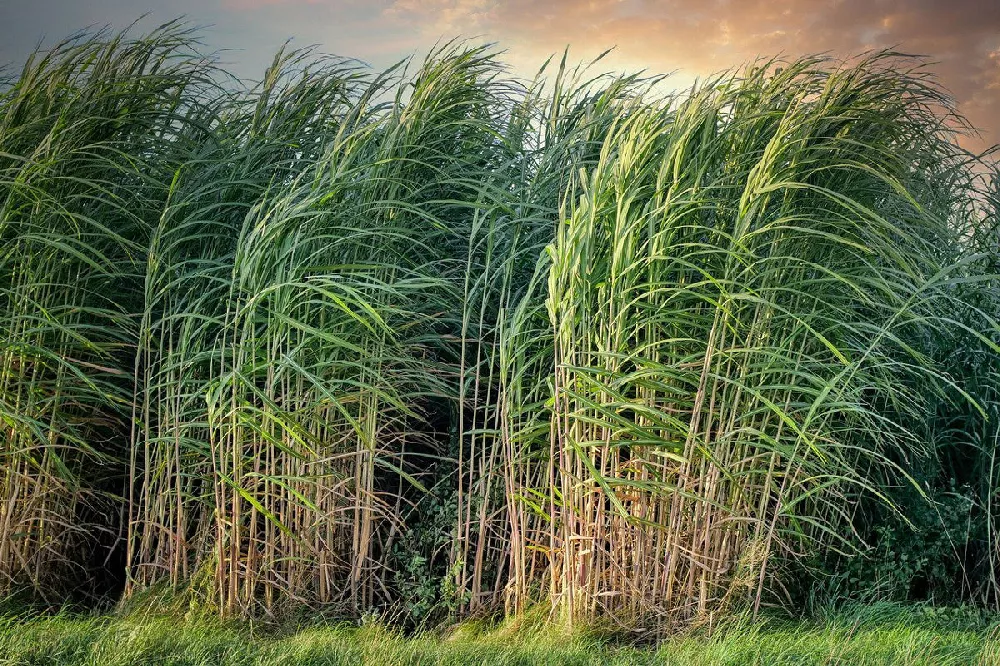How Sugar and Cane Affect Your Taste Buds and Cooking Experience
How Sugar and Cane Affect Your Taste Buds and Cooking Experience
Blog Article
Why Walking Cane Sugar Processing Chemicals Are Important for Modern Sugar Refining
The role of walking stick sugar handling chemicals in contemporary sugar refining can not be overemphasized, as they are indispensable to enhancing both the performance of removal and the overall quality of the final item. Agents such as phosphoric acid and particular flocculants are utilized to eliminate impurities, resulting in sugar that not just meets consumer expectations yet additionally adheres to sector requirements.
Function of Handling Chemicals
The effectiveness of cane sugar processing hinges significantly on the tactical application of handling chemicals. These chemicals play an essential function in improving the efficiency and quality of sugar extraction and refining. From the initial phases of juice removal to the last filtration steps, handling chemicals promote different important procedures.
In the extraction stage, chemicals such as phosphoric acid and calcium hydroxide are used to enhance the explanation process, helping to get rid of contaminations and suspended solids from the cane juice. This not just enhances the yield yet additionally guarantees the clarity of the last product. In addition, representatives like flocculants aid in the rapid settling of contaminations, consequently streamlining the general process.
As the handling developments, chemicals are made use of in decolorization and condensation phases. Turned on carbon and ion exchange resins serve to remove color and smell, making sure that the refined sugar satisfies consumer top quality requirements. Inevitably, the function of handling chemicals prolongs past operational performance; they significantly impact the sensory qualities of the end product, adding to market competition. Therefore, the meticulous choice and application of these chemicals are vital for accomplishing optimum results in walking cane sugar processing.
Key Types of Chemicals
Cane sugar processing depends on a variety of essential chemicals that promote each phase of production. These chemicals play necessary roles in clearing up, bleaching, and cleansing the sugar drawn out from walking cane.
One key classification of chemicals consists of flocculants, such as polyacrylamide, which aid in the information process by promoting the aggregation and settling of contaminations. Additionally, calcium hydroxide is frequently utilized to reduce the effects of level of acidity and help in the elimination of non-sugar components.
Lightening agents, such as turned on carbon and sulfur dioxide, are made use of to decolorize the syrup, causing a more clear end product. These chemicals help eliminate color compounds that may affect the sugar's appearance and marketability.
Additionally, phosphoric acid acts as a pH regulator throughout the handling phases, ensuring optimum problems for the chemical activities associated with sugar extraction and purification.
Other vital representatives include edta (ethylenediaminetetraacetic acid), which chelates steel ions that might catalyze unwanted reactions, and salt hydroxide, which helps in pH control throughout the refining process. Jointly, these chemicals improve efficiency and make certain a high-quality walking stick sugar product.
Advantages for Sugar High Quality
Frequently forgotten, the use of particular handling chemicals substantially boosts the total high quality of walking cane sugar. These chemicals play an essential role in refining procedures, guaranteeing that the last product fulfills rigid industry requirements for purity and taste.

In addition, refining chemicals help in achieving a regular granulation and appearance, which are critical for customer acceptance. By controlling the crystallization process, these chemicals guarantee that the sugar crystals create evenly, leading to a much more appealing item that liquifies well in different applications.
Additionally, making use of these chemicals can improve the service life of cane sugar by Learn More Here minimizing dampness absorption and microbial development. In general, the strategic application of handling chemicals is crucial for delivering top quality cane sugar that fulfills consumer assumptions and sector needs.
Environmental Impact Factors To Consider
Additionally, the energy-intensive nature of sugar refining, intensified by chemical use, often results in enhanced carbon discharges. This adds to environment modification and increases worries relating to the sustainability of existing refining techniques. In addition, the sourcing of these chemicals might entail practices that endanger biodiversity, such as monoculture farming, which minimizes the durability of agricultural communities.

To minimize these impacts, sugar refiners are significantly discovering lasting options and adopting ideal techniques that lessen chemical usage. Implementing strenuous ecological management systems can aid make sure that the refining process aligns with ecological requirements and promotes biodiversity. Ultimately, a well balanced technique that prioritizes both sugar top quality and environmental stewardship is vital for the long-term stability of the sugar market.
Future Patterns in Refining
As the sugar market grapples with the ecological difficulties connected with standard refining methods, cutting-edge techniques are emerging to improve both efficiency and sustainability. One substantial trend is the fostering of eco-friendly chemistry concepts, which prioritize using non-toxic, biodegradable handling chemicals. This shift not just minimizes ecological impact however also addresses customer need for cleaner production approaches.
Another appealing growth is the application of innovative filtration innovations, such as membrane layer splitting up and adsorption processes. These strategies improve the clearness and my company top quality of the sugar while reducing the volume of wastewater produced throughout refining. Additionally, the combination of electronic modern technologies, including IoT and AI, is transforming functional effectiveness by enabling real-time monitoring and anticipating maintenance, thus decreasing resource waste.
In addition, the usage of byproducts from sugar refining, such as bagasse and molasses, is gaining grip. These materials can be exchanged biofuels or value-added products, contributing to a circular economy within the sector. Jointly, these trends signify a shift in the direction of more sustainable methods that not just improve operational effectiveness yet likewise line up with global sustainability goals, making certain the future feasibility of sugar refining.
Verdict
Cane sugar handling chemicals are crucial in contemporary sugar refining, substantially enhancing the effectiveness and top quality of sugar removal. The tactical usage of these chemicals not just boosts the pureness and flavor of the end product however likewise ensures regular formation and structure. As the market progressively focuses on sustainability, the fostering of environmentally-friendly handling representatives is most likely to form future fads in refining, inevitably leading to greater quality items and expanded service life for customers.

Ultimately, a balanced technique that focuses on both sugar high quality and environmental stewardship is important for the lasting feasibility of the sugar market.
Cane sugar processing chemicals are important in contemporary sugar refining, substantially boosting the efficiency and high quality of sugar removal.
Report this page